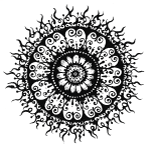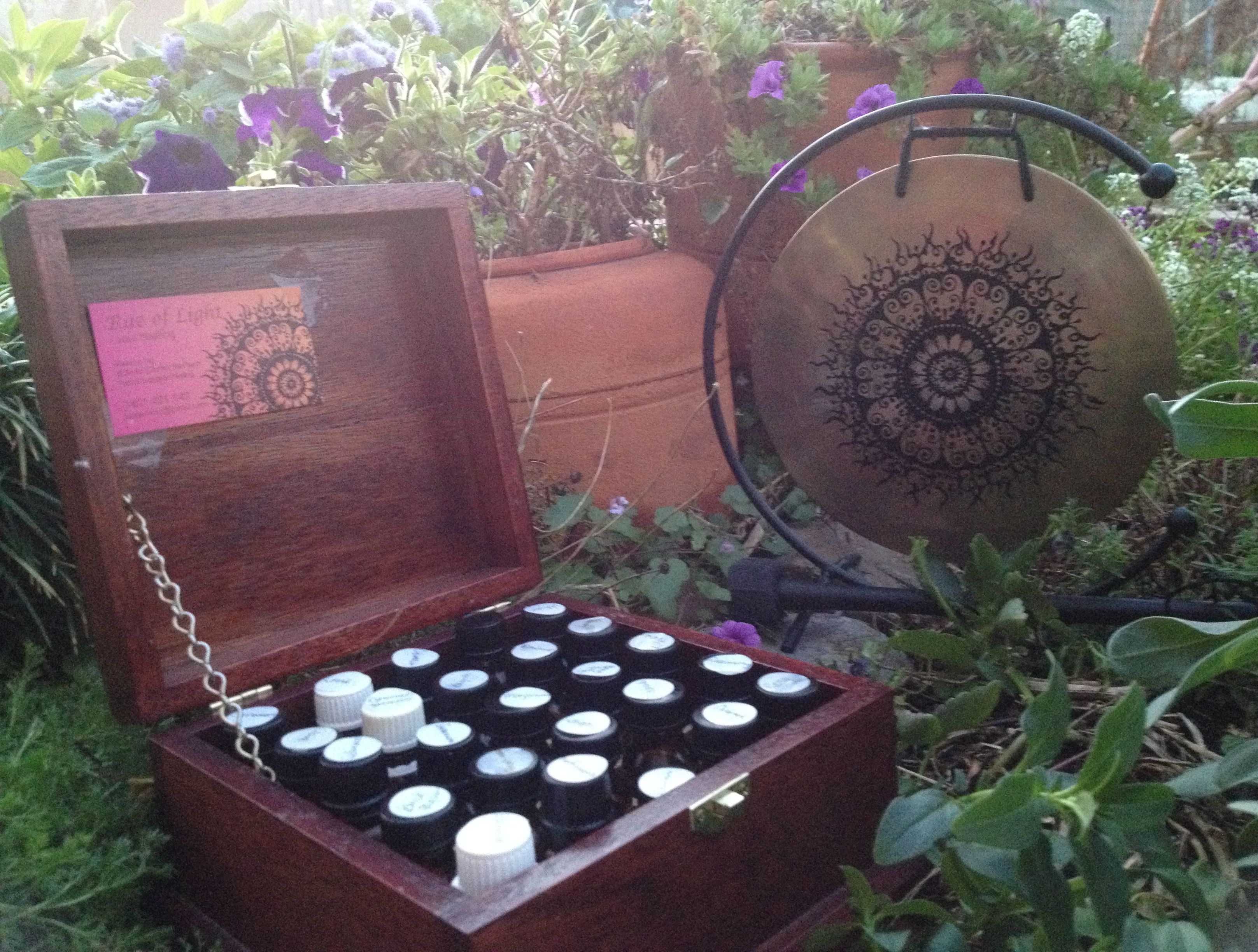Recently, I was asked a question, “What do you diffuse?”
My answer? I don’t. I don’t even own a diffuser, and I said so to the person who asked the question. They almost fell off their chair.
So here are 5 reasons why I don’t own a diffuser, as I explained to my friend:
- I have a toddler. More specifically, my practice of not possessing a diffuser came from before her birth, as I was mindful of limiting the use of essential oils during pregnancy (I was studying my Diploma in Clinical Aromatherapy then, so was exposed to a fair amount of essential oils already). Then, I was cautious about diffusing around a newborn – there was simply so much conflicting information out there about essential oil safety, and as a sleep-deprived new mum, I simply chose to err on the side of caution. What I did find that worked was passive diffusion – this is when you place a drop of an essential on a piece of tissue or cloth, and simply inhale. Or sniff straight from the bottle, or from a necklace diffuser. When I saw how placing one drop of tea tree oil on a muslin cloth, then leaving this close to my baby’s nose when she was asleep, was enough to unblock her nose and expel snot, that was good enough for me. As she got older, she is a curious one, and she climbs everywhere, and I know I would be *that* mother who left water and essential oil in a diffuser where the toddler could get to it and tip it over, or worse, drink that water….

- I have a cat. Actually, correct that, I have two cats now. And a dog. And chickens that continually insist on walking into the house. And this past week, a duckling. We care for duckling/s indoors about 1-2 times a year. The research on essential oils with animals is still quite limited, and the data out there currently informs that cats lack the liver enzymes to process essential oil constituents, in particular phenolic compounds. Given that I had a rescue kitten go into liver toxicity on me the day I adopted her from a rescuer, because the rescuer had used tea tree oil in water to wipe it down in an attempt to get rid of fleas (recall that oil and water do not mix, so essentially the kitten had undiluted tea tree oil applied to it), I am even more cautious about avoiding using essential oils around my animals. Simply because, I do not know enough about it, I have not studied it, numerous vets have told me essential oils are toxic to cats and birds, and I have no need to use essential oils on my animals when the medications work for us with no side effects.

- In clinic work, I select essential oils to use specific to each client on the day of consult. Therefore, I do not diffuse essential oils into the air because I do not know if a client, in particular a new client, would react to particular oils, or whether the oils are contraindicated with a particular issue they are experiencing that day. Often, I will have clients remark that the room smells lovely, even if they are the first client of the day, and the last clinic session was 4 days prior. Essential oil molecules can stay in an unventilated room, in the fabric and carpet of the room, and also in the air, so limiting exposure is part of safety for me. My clinic space is technically a public area for me, and diffusing essential oils in public can cause reactions (see this for a news report on the dangers of diffusing in a public space).
- I don’t have the money to spare. Like seriously, currently a good diffuser with a timer costs upwards of A$100. We are a young family living on a farm with budding businesses (no pun intended, haha) – this just is not a priority for now. The reason I would opt for a diffuser with a timer that allows for intermittent diffusing is because current safety recommendations suggest the following (plus, I would be the person who forgets to turn it off): “Intermittent diffusion is much more effective, as well as being safer, than continuous diffusion. Intermittent means 30-60 minutes on, then 30-60 minutes off. This is because our body, especially our nervous system, habituates after this length of time. With continuous diffusion, while benefits do not increase, there is evidence that the body becomes stressed in various ways.” (Tisserand Institute, 2017). This is if you are diffusing for a specific purpose – to treat respiratory conditions or you wish to disinfect the air if there is illness in the house. Low level diffusion, where you can barely smell the essential oil, is fine “anywhere, for any length of time”, according to Tisserand. However, it comes back to me preferring to reduce exposure to essential oils to an “as-needed” basis.
- My fifth reason is a bit more complex. In recent years, I am more mindful of how I use essential oils, because sustainability over the resources that go into making the oils is getting to be a concern. Lately, I am also more mindful about my purchases. A diffuser is not something I will use often, given the reasons listed above, so I do not want to add to the consumerism, or to the landfill when it breaks. If I want to freshen the air, I open the doors and windows for fresh air. We live on a farm, with low population density and an abundance of trees, so we are lucky to have fresh, clean air all the time. In my clinic, I have indoor plants, and I open the windows after treatments. If I need to “disinfect” the air in the house, I boil vinegar on the stove and add spices like cinnamon, clove, black pepper, and bay or eucalyptus leaves (these two are in abundance on our farm!). I also reach for the charcoal disc and incense, or homemade dried herb bundles, if I need to cleanse the house energetically. So, in short, I make do with what I have, and the traditional forms of plant medicine first, before reaching for the essential oils.

View outside our front door, on a rainy day
So there you have my five reasons for not owning a diffuser. If you already own one, or aim to purchase one, by all means, use a diffuser, because only you will know how or why it would fit in with your home, family and lifestyle. What I do hope, in writing this article, that it may get you to look at how or why casual and continuous diffusing may not be as risk-free as one may think, and how there are other ways we can use plant medicine. If you wish to read more about Plant Medicine beyond essential oils, have a look at this article. As always, I would love to hear your perspective – do you use a diffuser, or not?

